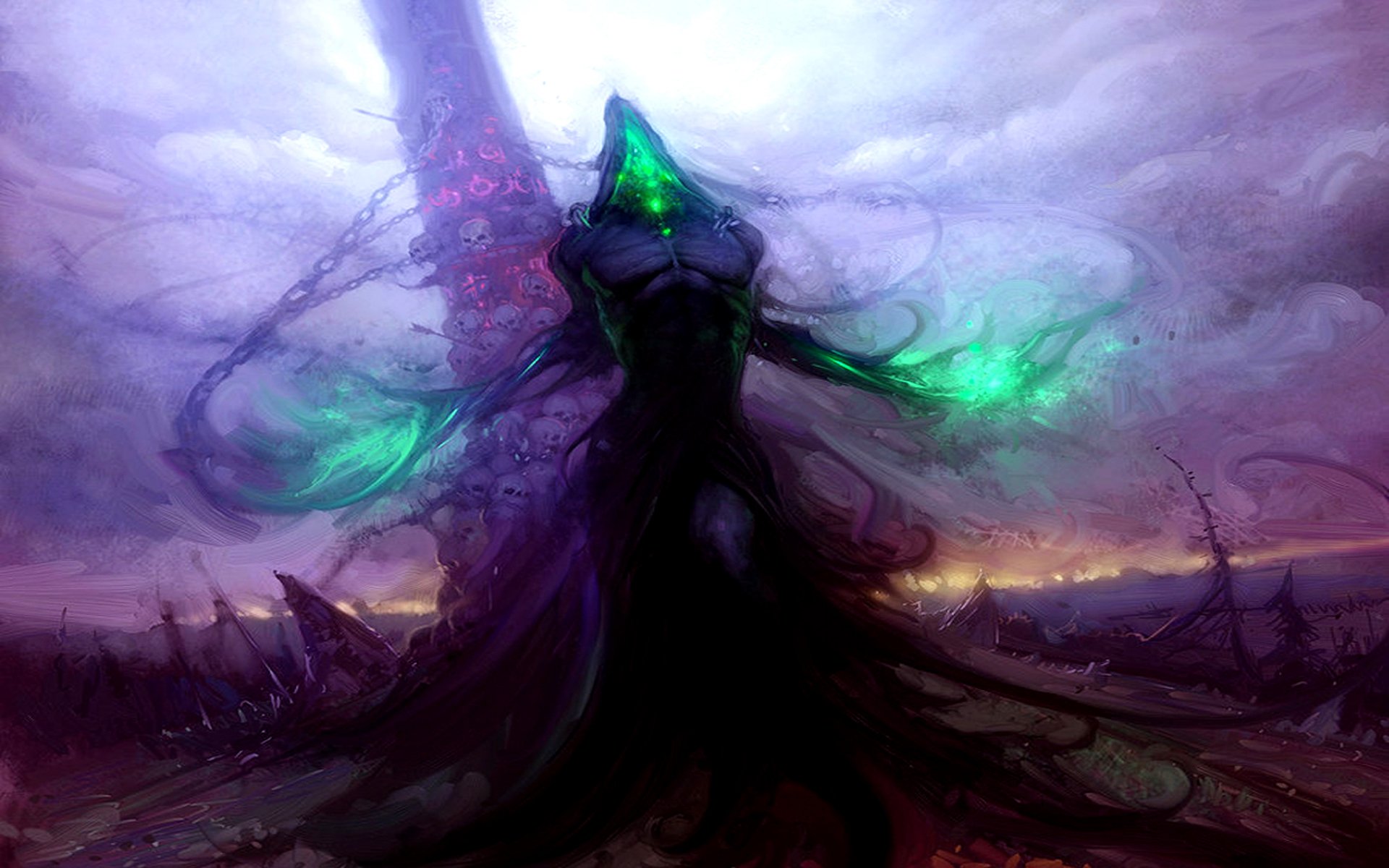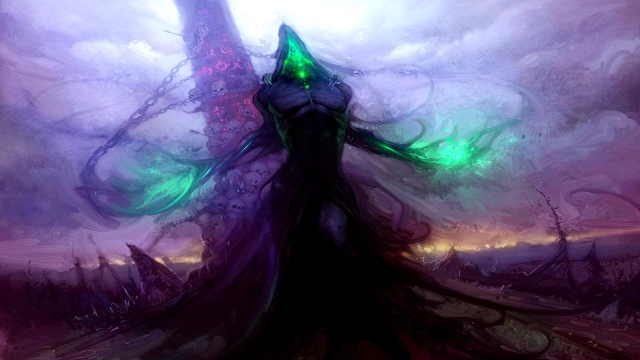
In the realm of entertainment, there exists a mysterious and captivating figure capable of weaving illusions that defy logic and imagination – the Magician. This enigmatic performer possesses a unique ability to transport audiences into a world where reality seamlessly merges with fantasy, leaving spectators spellbound by the artistry of their craft.
Through sleight of hand, misdirection, and a touch of theatrical flair, magicians have captivated audiences for centuries with their mesmerizing tricks and illusions. As masters of deception, they effortlessly manipulate perception, turning the impossible into a dazzling display of creativity and skill. In this article, we delve into the enchanting world of magicians, exploring the secrets behind their spellbinding performances and the enduring allure of their magical artistry.
History of Magic
Magic has a long and fascinating history that dates back centuries, captivating audiences with its mystique and wonder. Ancient civilizations such as the Egyptians and Greeks were known to practice forms of magic, using sleight of hand and illusions to entertain and amaze spectators.
During the Middle Ages, magic was often associated with witchcraft and the supernatural, leading to the persecution of those who practiced it. However, in the Renaissance period, magic began to evolve as performers like John Dee and Giambattista Della Porta incorporated theatrical elements into their acts, laying the groundwork for modern magic as we know it today.
In the 19th century, magic experienced a golden age with the rise of legendary magicians such as Harry Houdini and Jean Eugène Robert-Houdin. These pioneers pushed the boundaries of the art form, introducing daring escape acts and elaborate illusions that continue to inspire magicians around the world.
Magician switzerland
Types of Illusions
A magician has a wide array of illusions at their disposal to captivate and mesmerize audiences. One popular type of illusion is sleight of hand, where objects seem to appear, disappear, or transform right before the audience’s eyes. This skillful technique requires precise hand movements and impeccable timing, leaving spectators in awe of the magician’s dexterity.
Another intriguing type of illusion often seen in magic acts is levitation. Magicians create the illusion that objects or even themselves are floating in mid-air, defying the laws of gravity. This visually stunning illusion often leaves viewers questioning what they’ve just witnessed, adding an element of mystery and wonder to the performance.
In addition to sleight of hand and levitation, magicians also utilize optical illusions to deceive the eyes and minds of their audience. By manipulating perception and exploiting visual tricks, magicians can make objects appear larger or smaller than they actually are, creating a sense of amazement and disbelief among those watching.
Secrets of Magicians
Magicians are masters of deception, using a combination of sleight of hand, misdirection, and psychology to create seemingly impossible illusions. One of the secrets behind their magic is the art of distraction. By guiding the audience’s attention to one place, magicians are able to manipulate what is seen and unseen, leaving spectators in awe of their tricks.
Another key aspect of a magician’s performance is the use of props. From playing cards and coins to grand illusions, magicians skillfully incorporate tools and objects into their acts to enhance the mystery and wonder of their illusions. These props are carefully chosen and designed to deceive the audience and create a sense of wonder and disbelief.
Furthermore, practice and repetition are essential secrets of magicians. Behind every successful magic trick lies hours of practice and refinement. Magicians dedicate countless hours honing their skills, perfecting their techniques, and rehearsing their performances to ensure that every illusion is executed flawlessly, leaving their audience spellbound.


